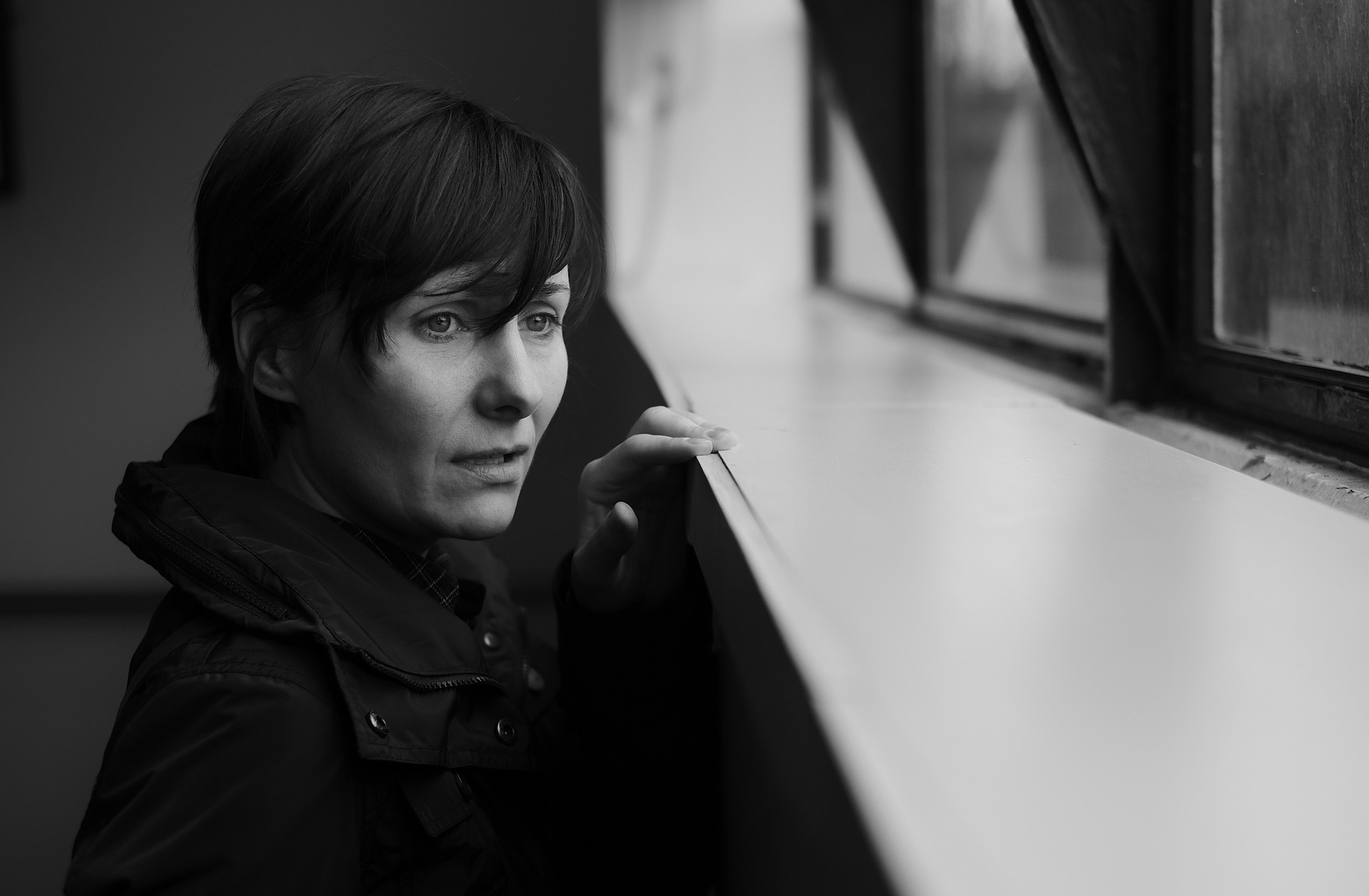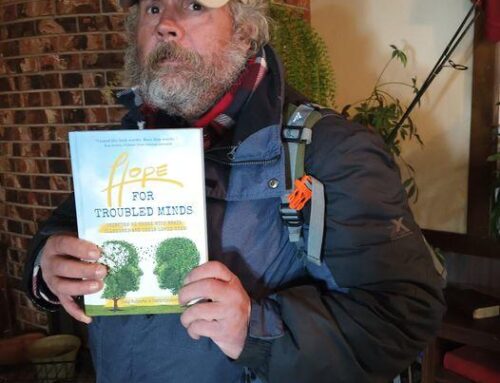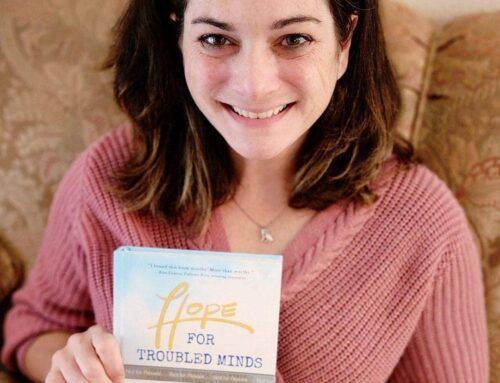I’m doing an interview with Brainstorms tomorrow. Brainstorms is a radio show hosted by Megan Malfi on Hamilton Radio focusing mostly on mental health and mental disabilities or disorders. On Brainstorms they are always striving to learn more about different mental disorders, how they can help others stay mentally healthy, and how to cope with mental illness in ourselves or a loved one. “Whether we’re talking about things we love that make us happy or things that give us stress, our goal is always to convey the message that YOU HAVE VALUE.”
Megan and I have been communicating for about a month on how we can be mutually supportive in our ministries. She very graciously offered to take the first step and invite me on her program. As a diligent host, she has since read Delight in Disorder and has asked very soul-searching questions. One is this —
A lot of people feel abandoned by God especially if a loved one has died by suicide or because of an accident caused by their mental illness. What would you say to those people about God’s protection of you?
The first and best thing I can say is nothing at all. Like Job’s friends, my first response (I hope) would be to sit with them and listen to their questions, cries, screams of injustice toward God. I would not hesitate to confess ignorance, cry with them, and to call out to God, as many prophets and psalmists do in Scripture, “Why?” God does not need to or want to be protected from our pain. God’s deepest desire is to be in an intimate relationship with us and this means sharing in our greatest joys and deepest sorrows.
But the age-old question remains, “If God is all powerful and all-loving, how could He allow someone to experience such emotional pain that would lead to suicide?” And, a question more directly to me, “Why did I not die when I attempted suicide and others are not?”
Any answer to this question is fraught with danger. When I talk about God rescuing me from death, I may sound spiritually self-righteous. My ongoing life is not due to any good deed I’ve accomplished or any wrong action I’ve avoided. I was not and am not special by my own virtues. My only holiness is that I have been set apart by God, blessed to be a blessing for others. If I brag about my rescue, I do harm to myself and to others.
At the same time,
I have a story to tell. And if I don’t tell it, it will burn inside my soul until is consumes me. And there are people dying to hearing it who suffer more if I keep silence.
One aspect of my story is mental confusion. Before I filled my hand with enough psychotropic meds to kill me, very little was going through my mind. I was not particularly sad. I was not consumed with worry. I did not want to “end it all.” I was simply lying on my bed staring at the ceiling when I heard a voice say, “It’s okay.”
Rather than hear this as gentle divine reassurance that all was well with my soul, I believed God was telling me to kill myself. So I tried. And failed. God protected me from the consequences of my own actions. And not only my actions, but those that were perverted by an Enemy who wanted nothing more than my undoing.
I did everything in my power to die. And I didn’t. Thank God. I lived to tell about it.
I have had many parents of persons who have died by suicide tell me my story gives them reassurance, even a measure of hope. I’ve asked them why this is. One wrote me:
You have helped me better understand my son and what might have led him to suicide. It was not something I did wrong. He was not trying to get back at me in his death. Maybe, like you, he was attacked by a force beyond him that undid him.
Each person who attempts suicide is unique. I have only my story to tell. But maybe my story will help someone wrestling with the death of a loved one draw on the strength of God to choose life in death-dealing moments.
Discover more from Delight in Disorder
Subscribe to get the latest posts sent to your email.







